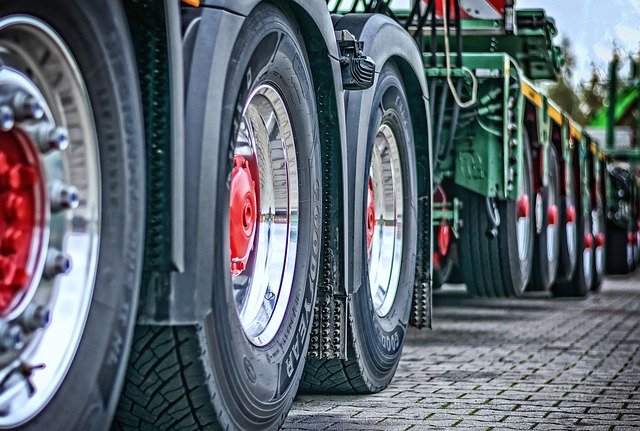Understanding the Cost Structure of Yokohama Tires for Buyers
Yokohama tires are renowned for their quality and performance in the commercial truck sector. As fleet managers and individual truck owners consider their tire options, understanding the cost structure of Yokohama truck tires is crucial for making informed purchasing decisions. This article delves into the pricing dynamics, factors influencing costs, and strategies for maximizing value when investing in Yokohama truck tires.

What Are the Typical Price Ranges for Yokohama Truck Tires?
Yokohama truck tires come in a variety of models designed for different applications, each with its own price point. Generally, Yokohama truck tire prices can range from £300 to £800 per tire, depending on the specific model and size. For instance, a standard regional haul tire might fall on the lower end of this spectrum, while a specialized long-haul or severe service tire could command a higher price.
It’s important to note that these prices can fluctuate based on market conditions, raw material costs, and supply chain factors. Fleet managers should also consider that purchasing in bulk or through distributor partnerships may offer opportunities for more competitive pricing.
Which Factors Affect Yokohama Truck Tire Price Points?
Several key factors contribute to the pricing of Yokohama truck tires:
-
Tire Size and Application: Larger tires or those designed for specialized applications typically cost more due to increased material usage and engineering requirements.
-
Tread Compound and Design: Advanced rubber compounds and intricate tread patterns developed for specific performance attributes can increase the tire’s price.
-
Technology Integration: Yokohama’s innovative features, such as their BluEarth technology for fuel efficiency, may add to the cost but offer long-term operational benefits.
-
Manufacturing Location: Production costs can vary depending on where the tires are manufactured, potentially affecting the final price.
-
Market Demand: High demand for certain models can influence pricing, especially for tires with unique performance characteristics.
Understanding these factors can help buyers anticipate price variations and make more strategic purchasing decisions.
How Do Common Yokohama Truck Tire Models Compare in Price?
To provide a clearer picture of Yokohama’s truck tire offerings and their respective price points, let’s examine some popular models:
| Tire Model | Application | Estimated Price Range (per tire) |
|---|---|---|
| 902L | Long-haul | £400 - £550 |
| 709L | Regional | £350 - £450 |
| 715R | Regional | £375 - £475 |
| MY507 | Urban | £300 - £400 |
| RY023 | All-Position | £425 - £525 |
Prices, rates, or cost estimates mentioned in this article are based on the latest available information but may change over time. Independent research is advised before making financial decisions.
It’s worth noting that these price ranges are estimates and can vary based on the factors mentioned earlier, as well as specific dealer pricing and potential promotions.
What Strategies Can Maximize Value When Purchasing Yokohama Truck Tires?
To get the most value from your Yokohama truck tire investment, consider the following strategies:
-
Total Cost of Ownership: Look beyond the initial purchase price and evaluate factors like tread life, fuel efficiency, and retreadability to determine the long-term value of the tire.
-
Fleet Analysis: Conduct a thorough analysis of your fleet’s needs, including route types, load weights, and climate conditions, to select the most appropriate and cost-effective tire models.
-
Bulk Purchasing: Negotiate volume discounts for large orders, which can significantly reduce per-tire costs.
-
Tire Management Programs: Engage with Yokohama’s tire management programs or work with authorized dealers who offer comprehensive service packages, potentially leading to better overall value and performance.
-
Retreading Considerations: Factor in the retreadability of Yokohama casings, as this can extend the life of your initial investment and reduce long-term costs.
By employing these strategies, fleet managers and truck owners can optimize their tire expenditure while benefiting from Yokohama’s quality and performance.
Understanding the cost structure of Yokohama truck tires involves considering various factors that influence pricing, comparing different models, and implementing strategies to maximize value. By taking a comprehensive approach to tire procurement, buyers can make well-informed decisions that balance initial costs with long-term performance and efficiency gains. As with any significant fleet investment, it’s advisable to consult with Yokohama representatives or authorized dealers to get the most up-to-date pricing and product information tailored to your specific needs.




